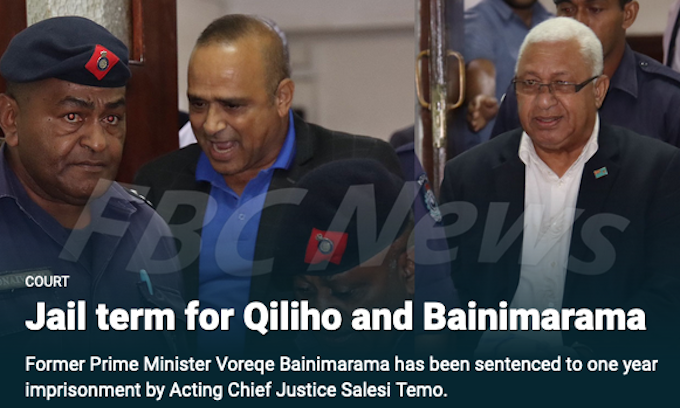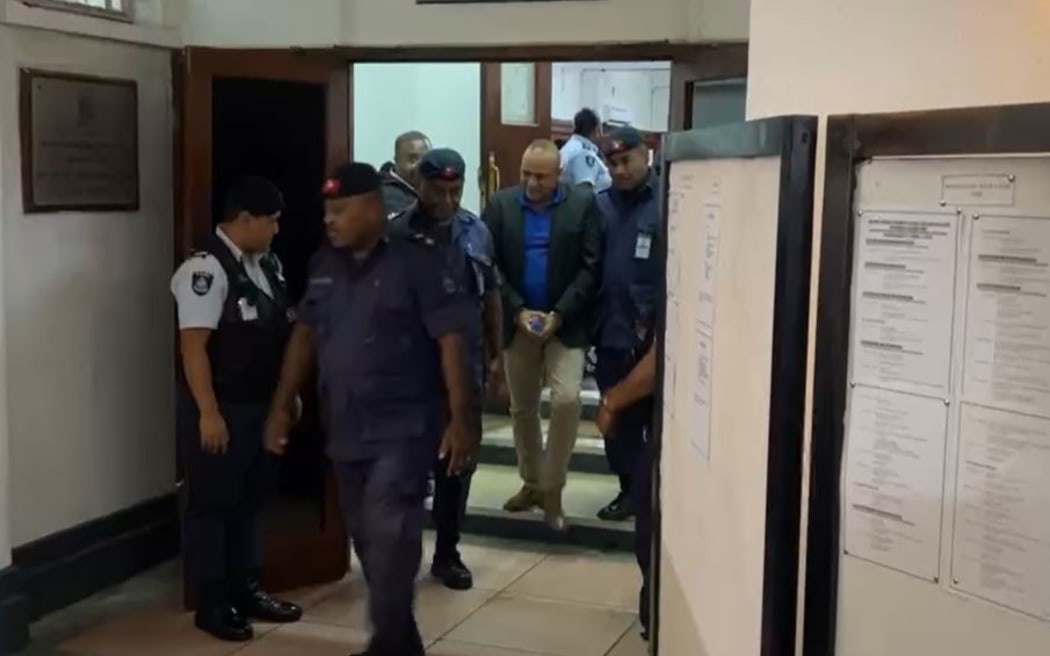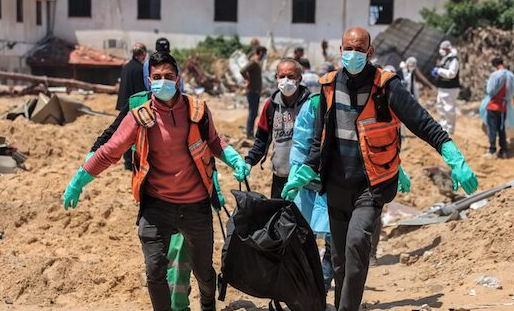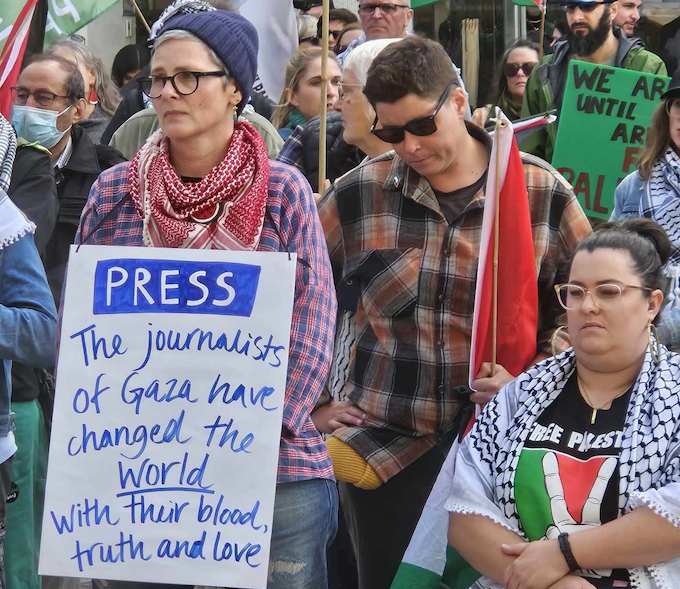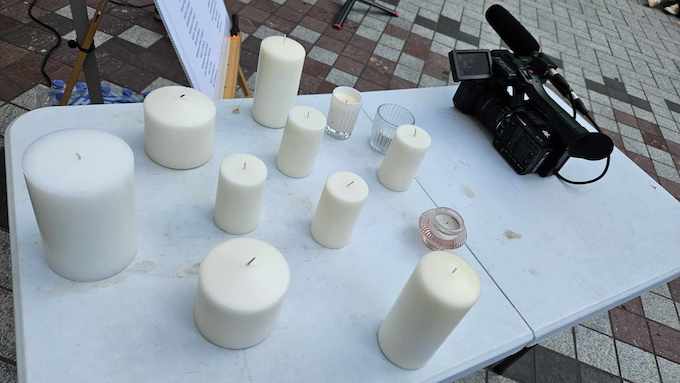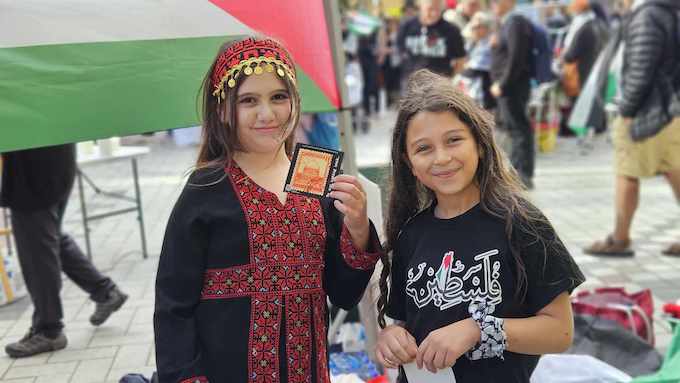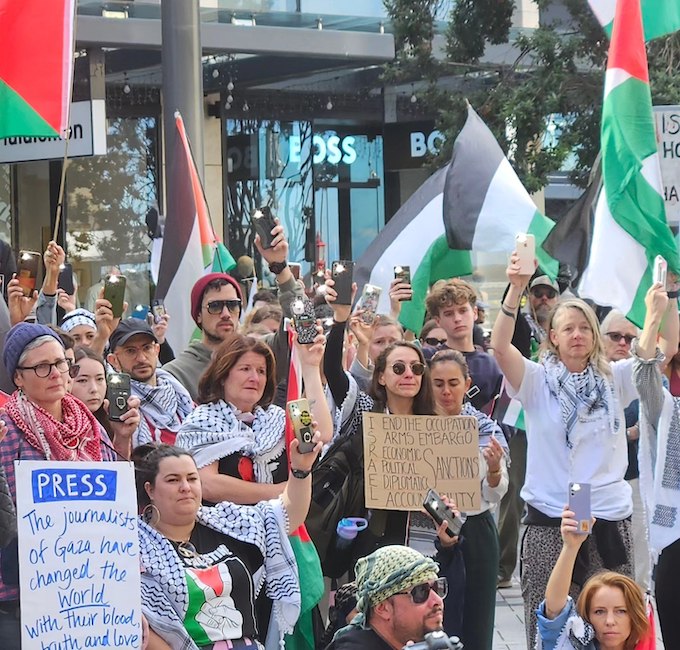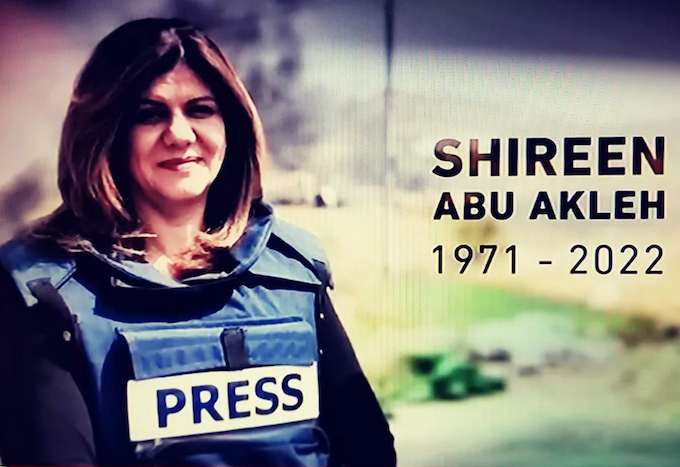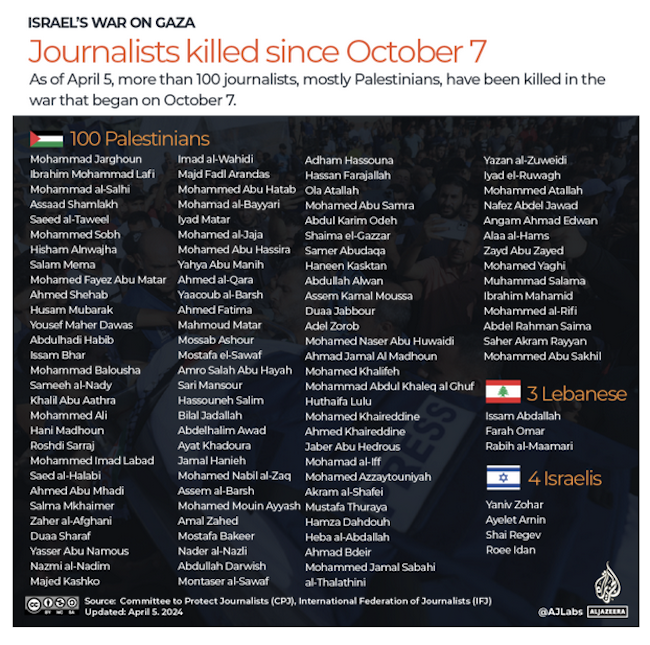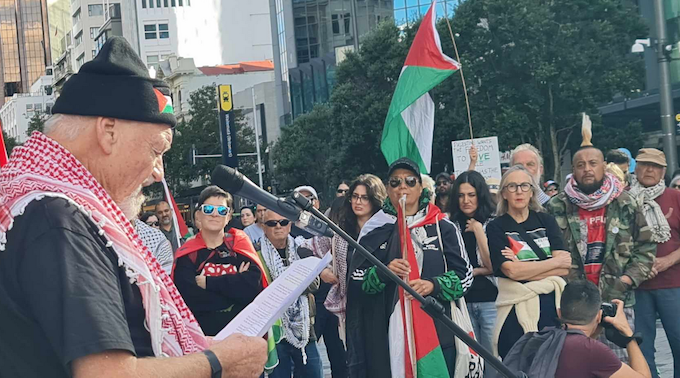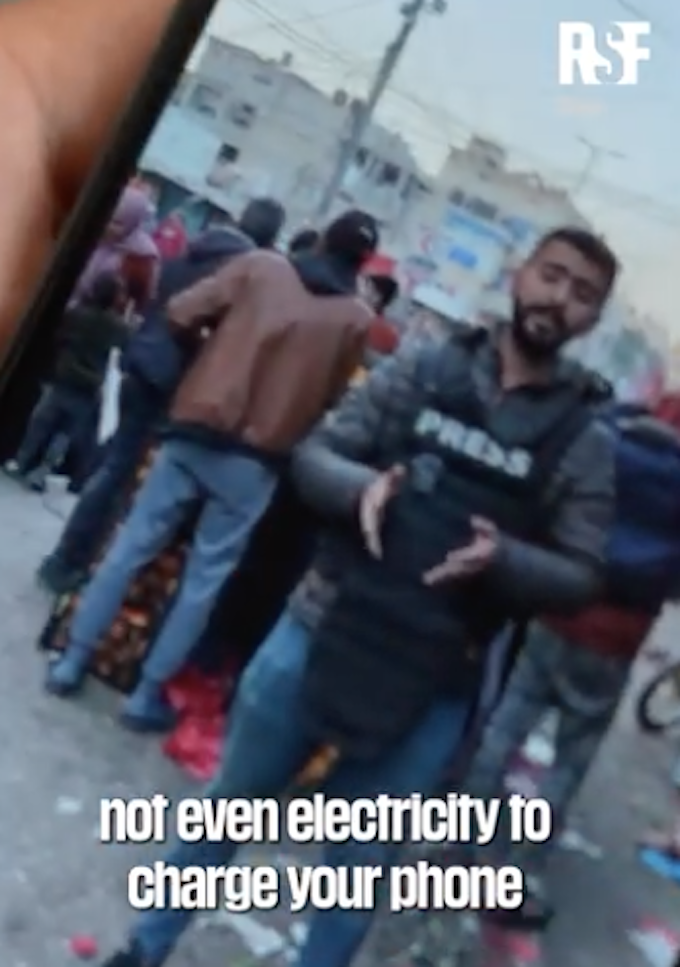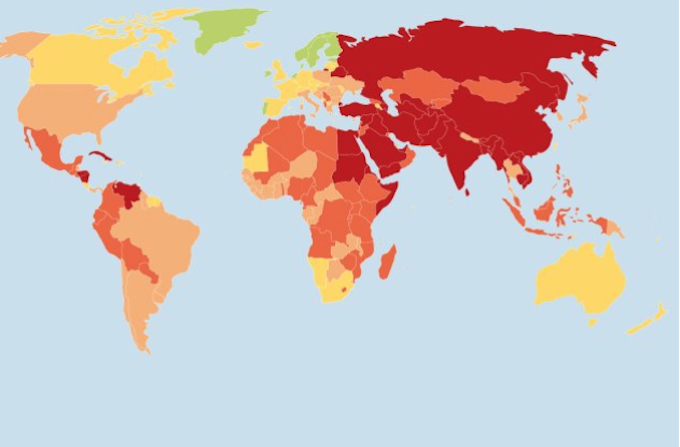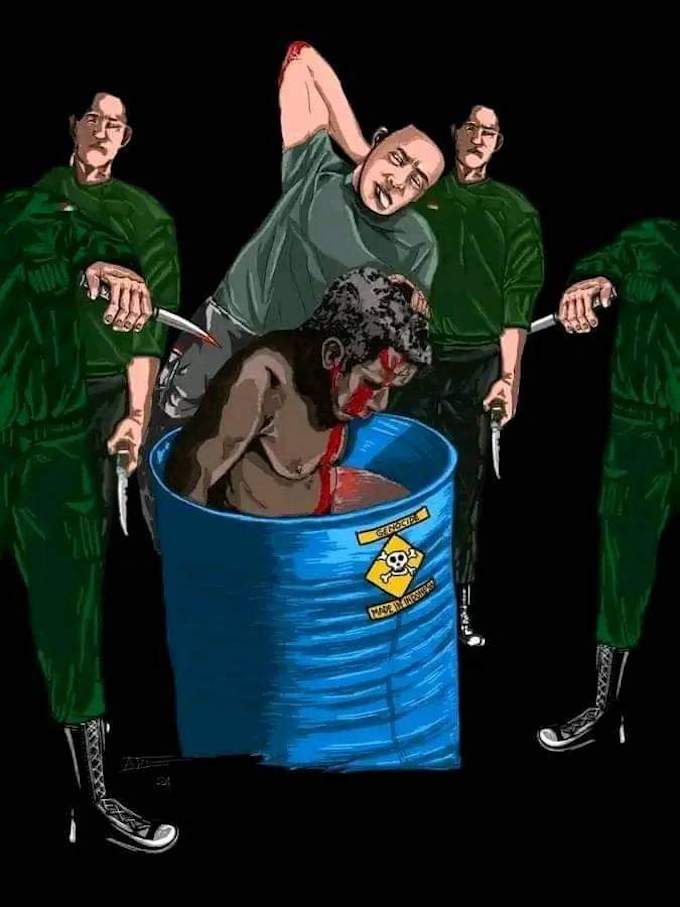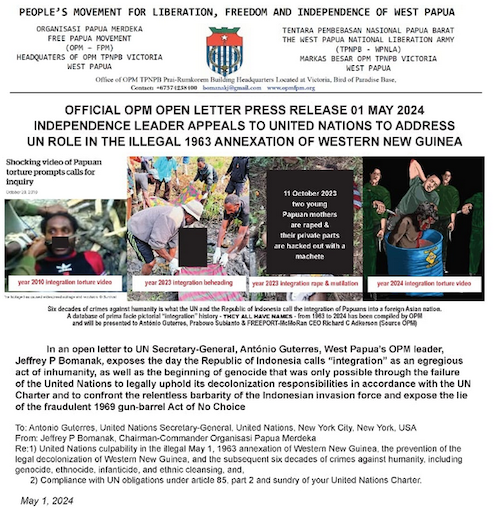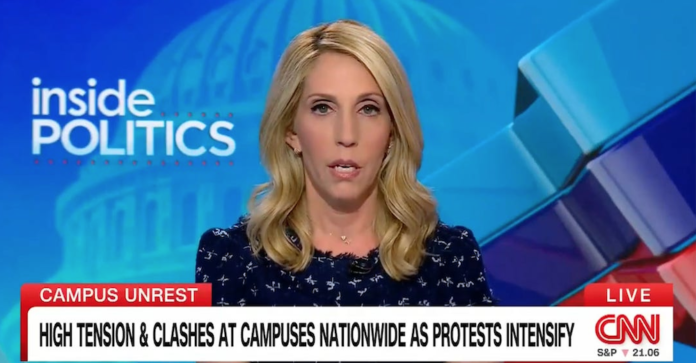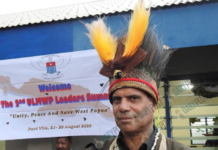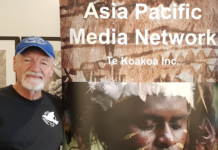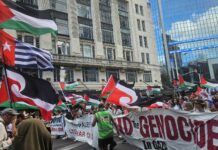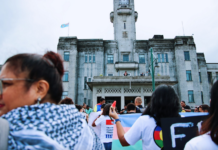Advocates say the lack of accountability in Al Jazeera journalist’s killing reflects a pattern of impunity in Israel’s attacks on press, reports Ali Harb.
SPECIAL REPORT: By Ali Harb
In 214 days, Israel has killed 142 journalists in Gaza, approximately one every 36 hours. The staggering death toll makes the war the deadliest conflict for journalists in modern history.
But activists say the case of renowned Al Jazeera journalist Shireen Abu Akleh, a United States-Palestinian citizen, underscores the fact that Israel has been killing journalists with impunity long before the current war.
Today marks the second anniversary of her death after she was shot by Israeli forces while reporting in the occupied West Bank on 11 May 2022.
- READ MORE: Mural of killed journalist Shireen Abu Akleh inaugurated in Bethlehem
- Silencing the messenger — David Robie
The lack of accountability in her killing helped pave the way for the rampant Israeli abuses taking place in Gaza, said Yousef Munayyer, head of the Palestine/Israel Programme at the Arab Center Washington DC.
“What we have seen Israel do in terms of killing a record number of journalists in Gaza is directly connected to the lack of accountability for Shireen,” Munayyer told Al Jazeera.
“If you can kill an American citizen, who was among the highest profile journalists in the Arab world, on camera and get away with it, that sends a very clear message about what’s permissible.”
Dressed in a blue vest marked with the word “press”, Abu Akleh was killed while covering an Israeli raid in Jenin, a city in the northern part of the West Bank.
Shireen Abu Akleh . . . a voice for Palestine. Video: Al Jazeera
Initially, then-Israeli Prime Minister Naftali Bennett falsely accused Palestinian fighters of shooting her — an allegation that was quickly disproven by independent reports.
How the US re-defined accountability
Immediately after Abu Akleh’s shooting, the administration of US President Joe Biden called for accountability, saying that “those responsible for Shireen’s killing should be prosecuted to the fullest extent of the law”.
But Washington shifted its position after Israel admitted that its soldiers killed Abu Akleh and dismissed the incident as an accident, refusing to open a criminal investigation.
By September 2022, the US dropped its demand that the perpetrators be prosecuted.
Accountability, officials said, could instead be accomplished by Israel changing its rules of engagement — a demand that was openly rejected by Israeli leaders.
Washington has also rejected calls for an independent probe into the incident, arguing that Israel has functioning institutions capable of investigating the case.
But Palestinian rights advocates have long said that Israel rarely prosecutes its own soldiers for abuses and should not be trusted to investigate itself.
To Munayyer, the Biden administration paved the way for Israel to allow the killing to fade into the background.
“It really sent a very dangerous message and, I think, contributed to an open season on Palestinian journalists in Gaza,” Munayyer said.
Even when Al Jazeera referred the Abu Akleh case to the International Criminal Court (ICC) for investigation, the US publicly opposed the court’s involvement, reiterating its stance that Israel should take up the matter itself.
The Biden administration also failed to condemn the Israeli assault on Abu Akleh’s funeral in Jerusalem, wherein armed officers beat her pallbearers with batons.
Israel’s attacks on Al Jazeera
With no meaningful accountability for the killing of Abu Akleh, Israeli attacks on press freedom — and Al Jazeera specifically — have worsened with the outbreak of its war in Gaza.
In January, for instance, an Israeli drone targeted an Al Jazeera crew in Khan Younis, a city in the southern Gaza Strip. Israeli forces then prevented medics from reaching cameraman Samer Abudaqa, who was wounded in the strike.
Abudaqa, who was described by his colleagues as fearless, hard-working and joyful, eventually bled to death. The network’s Gaza bureau chief Wael Dahdouh was wounded in the same attack.
Israel also has killed several members of Dahdouh’s family, including his son Hamza, a journalist who contributed to Al Jazeera.
Earlier this month, Israel — which has blocked foreign journalists from entering Gaza — banned Al Jazeera from operating and broadcasting within its borders.
That decision prompted an outcry from some US politicians, for whom Abu Akleh’s death signalled a trend of attacks against press freedom.
“Two years ago, Israeli forces assassinated American journalist Shireen Abu Akleh and then brutally attacked her funeral,” US Congresswoman Rashida Tlaib told Al Jazeera in an email this week.
US failed to hold Israel accountable
“Since then, the Biden Administration failed to hold the Israeli government accountable and let them operate with complete impunity. Now, the Israeli apartheid regime has shut down Al Jazeera’s coverage to stop the world from seeing their war crimes.
“I will continue to defend the freedom of the press and demand justice for Shireen and every journalist killed by the Israeli government.”
On Friday, Reporters Without Borders, known by its French acronym RSF, called the killing of Abu Akleh a “chapter in the story of Israel’s relentless attack on the Al Jazeera channel”. It also decried the persistent “impunity” for killing journalists, including in the ongoing Gaza war.
“This pattern endangers the lives of journalists throughout the world and the public’s right to free, independent and pluralistic information,” Jonathan Dagher, head of RSF’s Middle East desk, said in a statement.
The Biden administration, meanwhile, expressed “concern” earlier this month over the Al Jazeera ban. But Munayyer said toothless criticism is often ignored by Israeli leaders.
“The Israelis do not care that the United States is concerned. They don’t take those words seriously,” he said.
“And the only time that we’ve seen any shifts in Israeli behaviour — particularly over the last seven months — was when serious consequences were threatened.”
Israel receives at least $3.8 billion in US military aid annually, and Biden approved $14 billion in additional aid to the country last month despite a growing outcry about the war in Gaza, which has killed more than 35,000 Palestinians.
‘We still don’t have justice’
Abu Akleh’s family has pushed the US to pursue accountability in her death, by meeting with legislators and officials and speaking out about the issue.
“The past two years feel like it went by very fast, but unfortunately two years later and we still don’t have justice, we still don’t have accountability,” Lina Abu Akleh, the slain journalist’s niece, said at an event in Washington, DC, last week.
“The US administration has failed our family, has failed Shireen, an American citizen and journalist, a female journalist.”
Late in 2022, several news reports indicated that the Federal Bureau of Investigation (FBI) had opened its own probe into the incident. But the Justice Department, which oversees the bureau, declined to confirm that such an investigation exists.
“The last thing we know is that the FBI opened an investigation just a few months after Shireen was killed, but we still don’t know where that investigation is heading towards. We haven’t received any updates,” the younger Abu Akleh said.
On Friday, the Committee to Protect Journalists (CPJ) urged transparency from the FBI about the supposed probe.
“It is time to break Israel’s longstanding impunity in journalist killings, which have only multiplied in the Israel-Gaza war,” CPJ programme director Carlos Martinez de la Serna said in a statement.
FBI ‘needs to disclose timeline’
“The FBI needs to disclose a timeline for the conclusion of its investigation, and Israel must cooperate with the FBI probe and any future ICC probe.”
Last year, on the first anniversary of Abu Akleh’s killing, the CPJ released a report detailing how Israeli forces killed 20 journalists in the two decades prior, in what it called a “pattern”.
“No one has ever been charged or held accountable for these deaths,” it said.
That pattern of impunity appears to have intensified with the war on Gaza. But advocates say they will continue to push for justice for Abu Akleh, particularly as the number of Israel violations against press freedom grows.
“We’re not going to forget. And an important reason we’re not going to forget is because the consequences of these failures to achieve accountability for the killing of Shireen are on display in Gaza every day,” Munayyer said.
Republished from Al Jazeera in collaboration with Pacific Media Watch.


